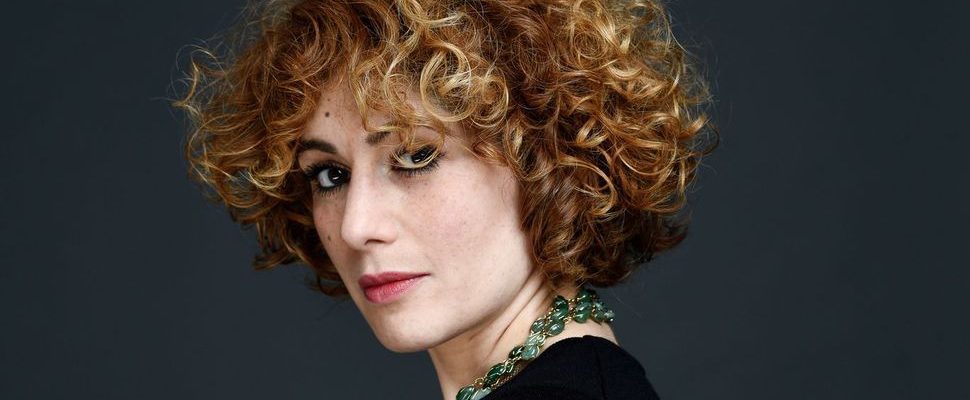In France, it all started with the affair of the Islamic veil in a college in Creil in 1989, a few months after the fatwa of Ayatollah Khomeini which fell on the fate of Salman Rushdie, the year of the celebration of the bicentenary. of the French Revolution. Consternation of vigilant and informed intellectuals such as Elisabeth Badinter, Alain Finkielkraut, Régis Debray who defend secular universalism against a falsely tolerant and truly essentializing communitarianism, defended by Alain Touraine or Harlem Désir who do not believe in integration and think of making society by caressing the already-separatisms in the direction of the hidden hair. Political cowardice of Lionel Jospin, then Minister of National Education, who sends the hot potato back into the hands of the heads of establishments. Unease is setting in, the debates will not stop, the universalist camp is losing ground every day in the face of an Anglo-Saxon communitarianism defended by the very people who never miss an opportunity to recall their primary anti-Americanism.
I admit to being tired of having to repeat that the veil is not a garment, that it does not say freedom but submission, that its place in the history of Arab-Muslim countries inevitably proves that its presence signifies lack of rights for women, that it is an instrument of influence in the hands of the Islamists and the sign of a desire to imprison Muslim communities under strict control by avoiding sexual, social and cultural mixing. That the veil has become the sign of recognition of Muslim women is tragic as it is reductive. That one refuses to notice that wherever the veil settles the cultural singularity disappears is beyond me.
Because Islamism kills culture, the veil covers the cultural specificity of any space it colonizes. Algerian, Moroccan, Turkish, Iranian, Senegalese traditions, etc. disappear under the standardization of the veil which designates only religion as the common denominator. Islamism is an aesthetic crime. I admit sometimes preferring, as a good liberal, to surrender and proclaim: “Let everyone do what they want, let them bear the signs of acculturation, of submission, let them be the useful idiots of an ideology that belittles and despises them.” But I can not. Because the veil is more than a veil, it carries too many prohibitions, separates men and women, installs modesty as a duty for women, concupiscence as an instinct for men, insults those who are forced to wear it elsewhere, and keeps French Muslims away from the Republic, which has become hostile through Islamist propaganda.
The secular camp breathes… for a while
And now, after a law finally came in 2004 prohibiting any ostentatious religious sign at the school of the Republic, we are witnessing the arrival of abayas – pure Islamic outfits which have no historical existence in the countries of origin of middle school and high school girls who wear them with a pride bordering on brainwashing by morbid influencers who offer instructions for the Islamized school. No one refers to the study which confirms that the 2004 law has improved the schooling of young women from Muslim families. The Minister of Education who took a head out of his ministry for the occasion managed the feat of doing worse than Lionel Jospin in his time, by sending the ball nowhere, leaving doubt hanging over what is grossly obvious , to avoid contradicting his own communitarian writings and remarks – the worst is never certain, nevertheless I will not be surprised if after his ministerial experience, he emerges, like a Rama Yade, in an American university from where he can freely mock France.
But the offensive does not stop there since the “hijabeuses” want to install the shame of the female body, the hair as a sin on a football field. They went to the Council of State which chose to maintain the ban on the wearing of the veil, going against the opinion of the public rapporteur. The secular camp breathes… for a while.
I always come back to the Algerian athlete Hassiba Boulmerka who, in 1991, won the 1,500 meters at the world athletics championships in Tokyo, then, after a triumphant return to Algiers, was forced to train in Europe, refuge, because the fundamentalists condemned him to death. At the 1992 Barcelona Olympics, she won Algeria’s first gold medal. Why not choose Hassiba Boulmerka’s shorts as an emblem and identity pride?
* Abnousse Shalmani is a writer and journalist committed against the obsession with identity
